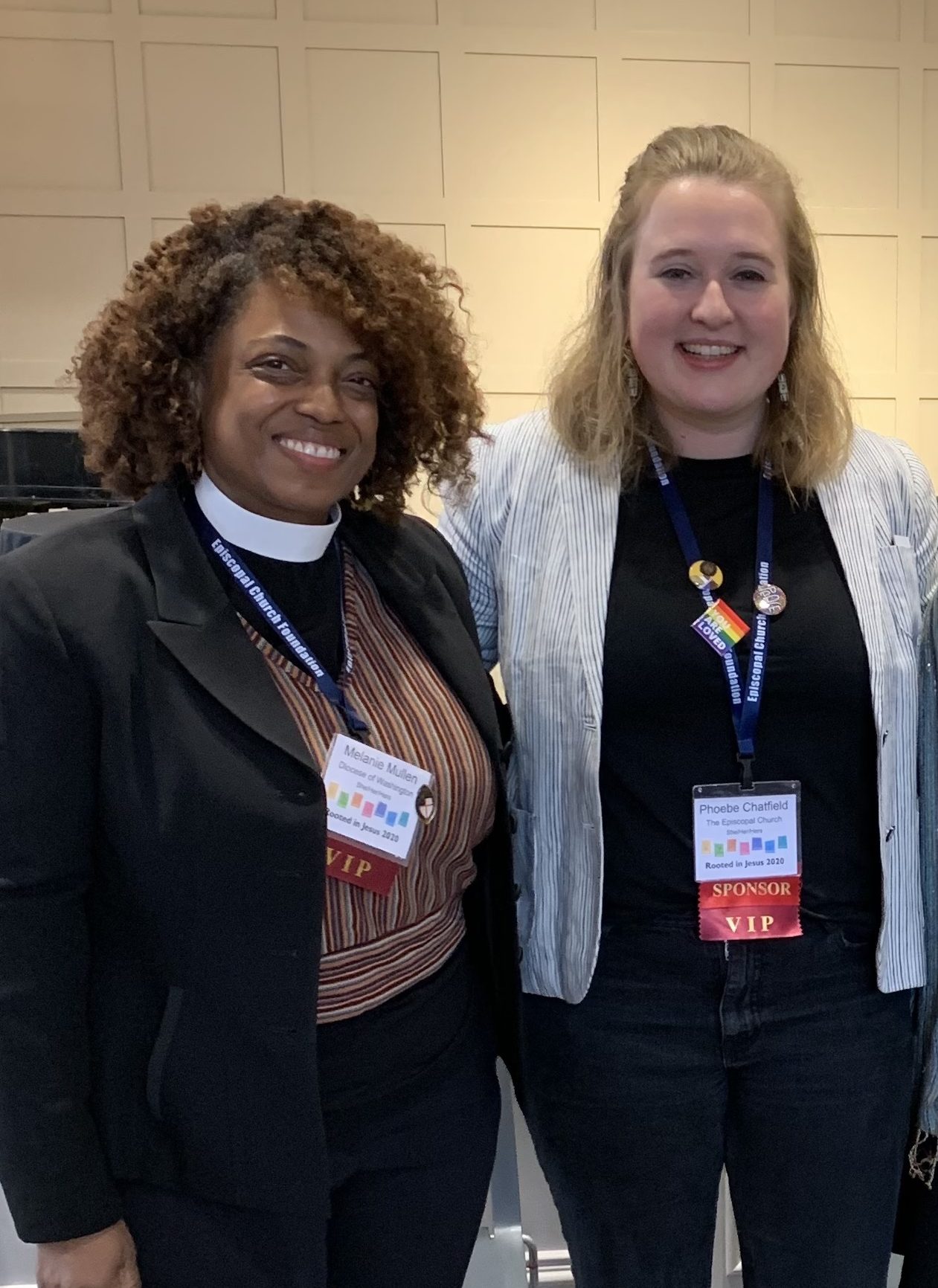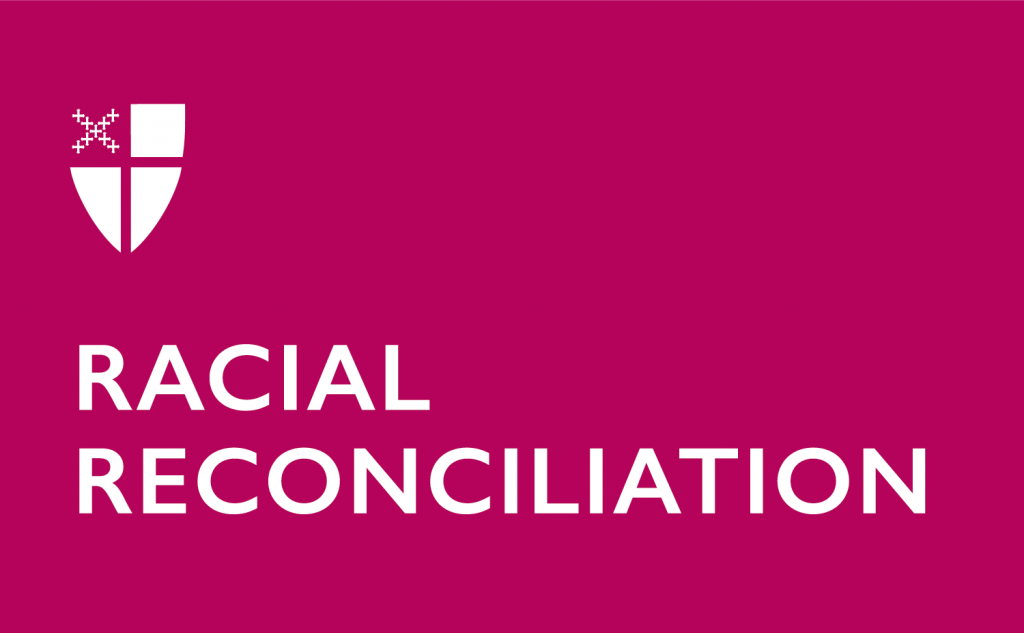Earth Month and Beloved Community
By Phoebe Chatfield and the Rev. Melanie Mullen
April is “Earth Month,” leading up to the 52nd annual Earth Day on Friday, April 22. As we join people around the world to honor this month, we proclaim that caring for the earth is part of the work of Becoming Beloved Community. It is not a separate calling but woven into our calls for reconciliation and justice.
Just a few weeks ago, The Episcopal Church was honored to host a panel of leaders at a parallel event to the United Nations Commission on the Status of Women, which this year focused on climate change and environment. Our panel focused on ecofeminism and ecowomanism—uplifting the traditions of women, especially women of color, leading the environmental justice movement.
We were inspired by the words of panelist Elizabeth Chun Hye Lee, United Women in Faith’s executive for economic and environmental justice. She spoke about her relationship with ecowomanism, saying, “It’s been helpful to me because in the conversation about climate justice, there isn’t a lot of data about Asian Americans. But when that research is done, for example a study by the Union of Concerned Scientists about tailpipe emissions, they found that the group that was most impacted was the Asian-American population.”
She continued, “Ecowomanism recognizes the history of racism and colonialism in the United States. It helped me realize—I’m being impacted. I’m located in an environmental justice community. I’m disproportionately being harmed—that really changed the conversation for me.”
The healing justice envisioned in Becoming Beloved Community must include justice for Earth and for the people most impacted by environmental injustice. Who in your community is most impacted by air pollution, access to safe housing or clean drinking water, or lacks opportunities to connect with nature? How often do communities of color suffer the burden of environmental degradation … and why? What can you do this Earth month to pray with, learn from, and take action at the intersection of racial and environmental justice in your community?
As you sit with these questions, feel free to share in the prayer of the late great Archbishop Desmond Tutu, published in “God’s Good Earth”:
“Creator God, you have called us to be keepers of your earth. Through greed we have established an economy that destroys the web of life. We have changed our climate and we drown in despair. Let oceans of justice flow. May we learn to sustain and renew the life of our Mother Earth. We stand with Indigenous people worldwide who are demanding restoration of their ancestral lands. We pray for our leaders, custodians of Mother Earth, that they may negotiate with wisdom and fairness. May they act with compassion and courage; and lead us into the path of justice for the sake of our children and our children’s children. Amen.”

Phoebe Chatfield is the Program Associate for Creation Care and Justice with the Presiding Bishop’s Office and lives in Florence, Massachusetts. The Rev. Melanie Mullen is the Director for Justice, Reconciliation, and Care of Creation and lives in Washington DC.

